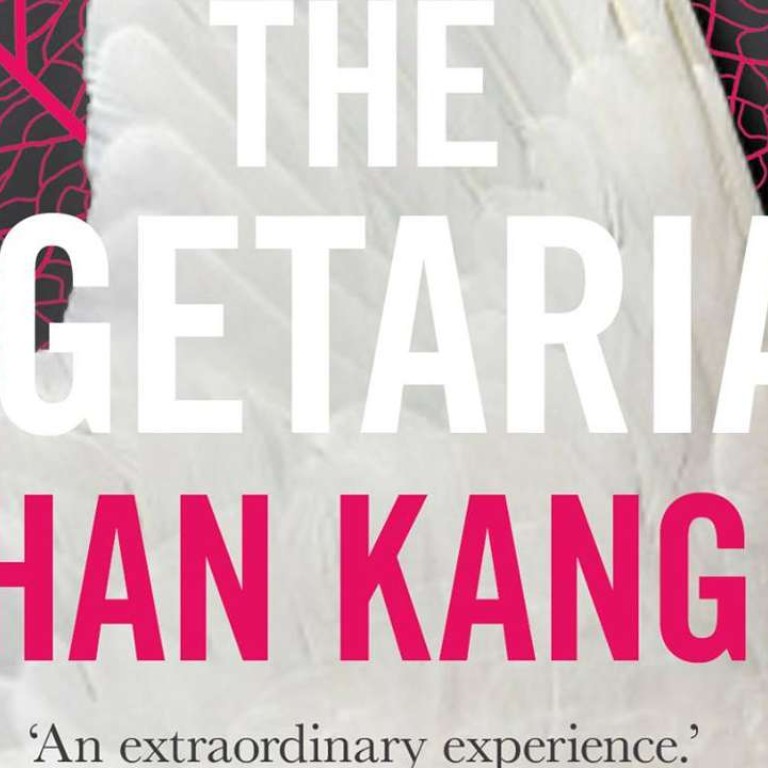
Move over K-Pop, the next Korean culture wave could be K-Lit – if enough great books can be translated well
Booker prize win for Han Kang’s novel The Vegetarian shows high-quality translations are key to Korean writers gaining the global recognition they deserve, says PEN International’s new South Korean president
“The novel was published years ago in Korean, but it did not gain international attention before it was translated into English. It is an example of the significance of translation in literature,” says Sohn Hae-il, newly elected president of PEN International Korean Centre.

Sohn believes that Korean literature is the next hallyu – the wave of Korean pop culture that has exploded in popularity worldwide.
“Korean literature will become popular worldwide just like K-pop someday. As Korean culture gains popularity across the globe, more and more people are interested in learning the Korean language to understand the lyrics of K-pop and the words of Korean television dramas,” Sohn says.
“Korean literature should reach a wider audience, but the lack of quality translation has prevented Korean literature from resonating with readers in other languages. There are many people who are fluent in both Korean and English, but not all of them can interpret the rhyme and linguistic subtleties of a poem into a different language. The translators need training in understanding the implications in poems, which are different from everyday language.”

PEN International was founded in London in 1921 by Catherine Amy Dawson Scott and John Galsworthy to create bonds among writers worldwide. The regional centres of PEN International also recommend candidates for the Nobel Prize in Literature every year.
The history of PEN International in South Korea dates back to 1954, when the peninsula was recovering from war. “Back then, Korea was an underdeveloped, divided country burned to the ground by war. Nobody expected literature from the poor country. Then-president Syngman Rhee sent poet Mo Yoon-sook to the 1955 International PEN Congress in Vienna to persuade the members that Korea was able to join PEN International,” Sohn says.
About 3,600 members now belong to the Korean centre, including poets, essayists and novelists. Those who made their literary debut at least five years ago and have published at least one book can join the Korean PEN branch.
The Korean centre published a quarterly magazine, Korean Literature Today, introducing Korean literature and translating Korean literary works into English from 1996 to 2005, but budget issues closed it. Sohn promised to relaunch the magazine as one of his campaign pledges.
The association released the first in its World PEN Friends Together, a book of Korean poems and novellas with English translations, last autumn as an attempt to promote Korean literature overseas.
“I think we should translate the literary works with universal values so they can resonate with global audiences,” Sohn says. "We should give wider publicity to translated Korean works. It is useless if we just print the anthology in Korean.”
He also plans to establish a translation institute under the Korean centre to translate more Korean literature into English.
“Every year, Koreans anticipate poet Ko Un will win the Nobel Prize in Literature, but Korea still has a long way to go to achieve the honour. Korean literature is like a big fish in a little pond, because it cannot reach international audiences due to the language barrier.”

